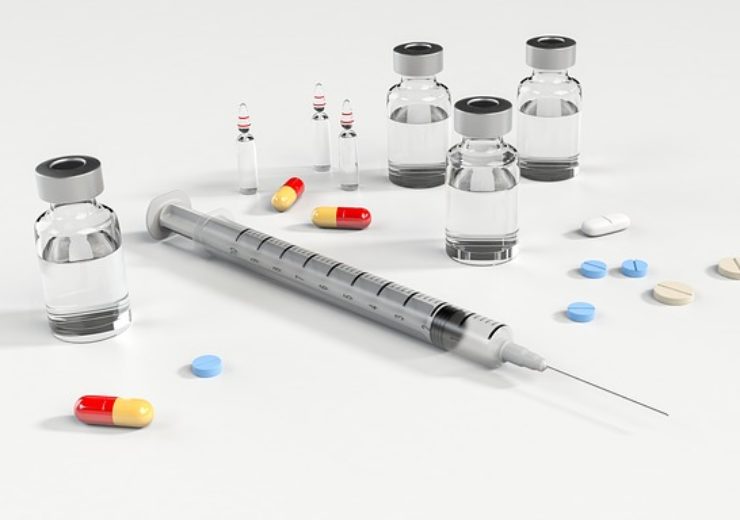ViiV has co-developed the injectable regimen in collaboration with Janssen Sciences and has submitted to regulatory authorities in the US, Canada and Europe

Image: The cabotegravir and rilpivirine regimen is administered for every two months, compared to every one month for 48-weeks. Photo: Courtesy of Arek Socha from Pixabay.
UK-based ViiV Healthcare has announced positive results from the global phase III ATLAS-2M study of an investigational, long-acting, injectable, 2-drug regimen (2DR) combining its cabotegravir and Janssen’s rilpivirine for the treatment of HIV.
The study is intended to demonstrate the non-inferior antiviral activity and safety of long-acting cabotegravir and rilpivirine in adults living with HIV-1 infection whose viral load is suppressed and who are not resistant to cabotegravir or rilpivirine.
ViiV Healthcare Global Research & Development Head Kimberly Smith said: “We are excited to report that for the first time since the AIDS epidemic started more than 30 years ago, our ATLAS-2M study has demonstrated that it is possible to maintain suppression of the HIV virus with an injectable regimen containing two drugs administered every two months.”
ATLAS-2M is part of ViiV Healthcare’s extensive clinical trial programme for 2-drug regimens
ViiV, a specialist HIV firm majority owned by GSK, with Pfizer and Shionogi, has co-developed the injectable regimen in collaboration with Janssen Sciences and has submitted to regulatory authorities in the US, Canada and Europe
Under the study, the cabotegravir and rilpivirine regimen is administered for every two months, compared to every one month for a treatment period of 48-weeks.
ViiV said that the study has met its primary endpoint, demonstrating the regimen of cabotegravir and rilpivirine injected every two months, was non-inferior to cabotegravir and rilpivirine administered every month at Week 48.
The non-inferiority was evaluated by comparing the proportions of participants with plasma HIV-RNA ≥ 50 copies per milliliter (c/mL) using the FDA Snapshot algorithm at Week 48, and the overall safety, virologic response and drug resistance results were consistent with results from the phase III ATLAS study.
The pharmaceutical firm said that the ATLAS-2M is part of its extensive clinical trial programme for 2-drug regimens, and the study is conducted at research centres in Australia, Argentina, Canada, France, Germany, Italy, Mexico, Russia, South Africa, South Korea, Spain, Sweden and the United States.
Smith added: “This is further progress in our efforts to reduce the number of medicines a person living with HIV must take while also reducing the frequency of treatments. The ATLAS-2M study results mean that people living with HIV could maintain viral suppression with six total treatments per year, instead of a daily oral treatment 365 times per year.”
